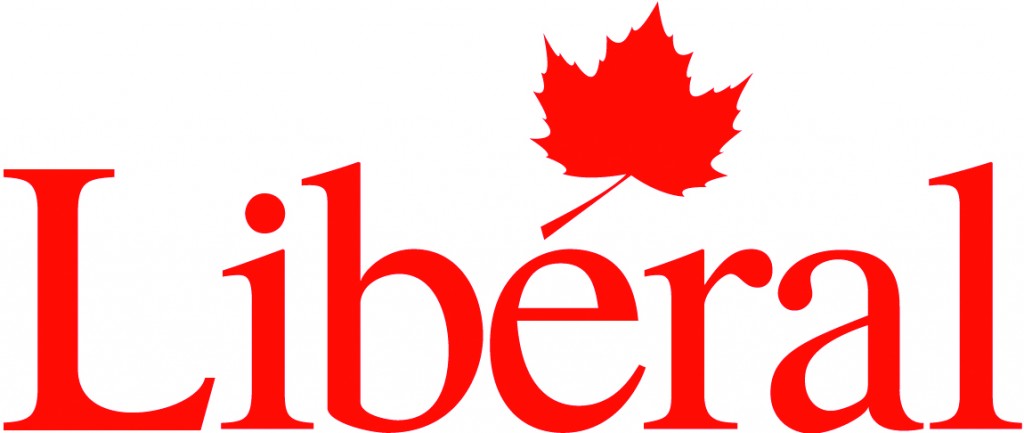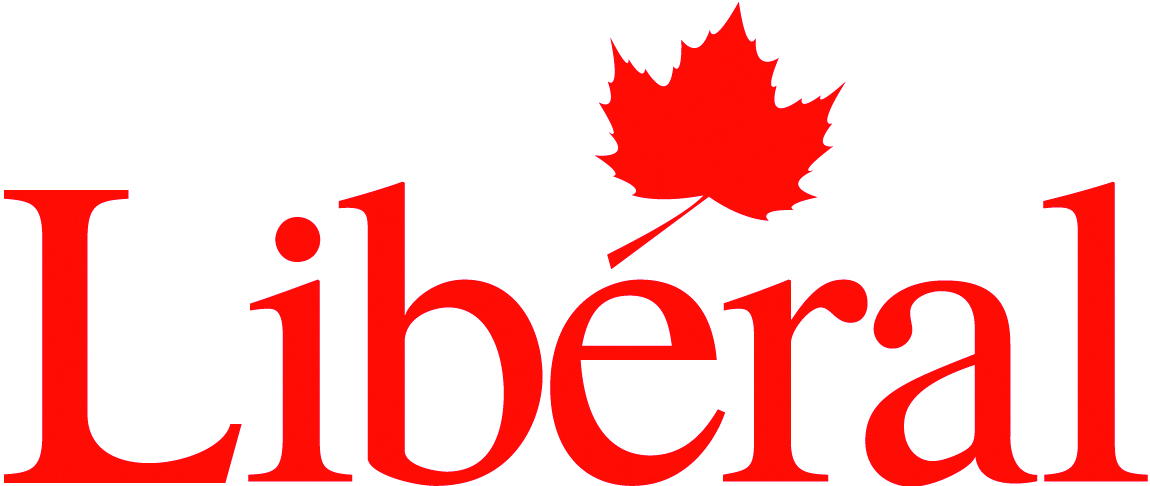By Drew Bergen (Contributor) – Email

The Canadian federal elections saw quite the upset in our government, with Justin Trudeau’s Liberal Party winning a majority government with a whopping 184 seats, and the previously governing Conservatives only managing 99 seats. Even though the party I voted for won, I have mixed feelings over this election because they won a majority.
Trudeau is something new for Canada. He’s young, he’s ambitious, and he’s good-looking. Trudeau, as a person, is one that I greatly respect, not only for his campaigning strategy (he decided to shy away from smear-ads unlike other nominees past and present), but for his approach to parliament and his overall demeanour. His promises of removing the first-past-the-post system in favour of different ways of determining government, combined with his approach to the Syrian crisis and many other policies, have convinced me that we have elected a good man for the job.
But when it comes to governments, I have realized that I much prefer a minority government to a majority government. A minority government is when the leading party has not won more than 50 per cent of the seats in parliament, meaning that if they wish to pass a law, they cannot just do it based on their own party’s votes alone. Instead, they have to rely on another party to back up their proposed policy in order to see it passed.
This is where a minority government has its advantages. It means that the leading party simply cannot pass whatever they want; they need to choose policies and proposals that at least one other party will agree with. They need to make compromises that, in the end, will result in policies that appeal to more parties and, as a consequence, to more Canadians. This means that the leading party cannot be as extreme with their ideals in their policies; they need to be considerate and willing to make compromises.
Think for a moment what changed for Canadians to hate Harper. What happened that made Canada suddenly convinced that they wanted this Netflix-loving prime minister out of office? Was it his policies and treatment of other parties? Probably, but the Conservatives were in office for an entire decade, so why would this suddenly come up now? Maybe it was because the last term that Harper served was his first in a majority government, and we got to see him passing policies against the wishes of so many Canadians.
Of course, this is not to say that the Conservatives lost because they managed to step on too many toes during their majority government, or that Trudeau will suffer the same fate. All this means is that the ending of the 2015 federal election is no time to breathe a sigh of relief — it means that whether or not Trudeau decides to fulfill his campaign promises is not guaranteed, as there is not much holding him accountable for fulfilling said promises. Trudeau could very well become the next Harper. Only time will tell.


